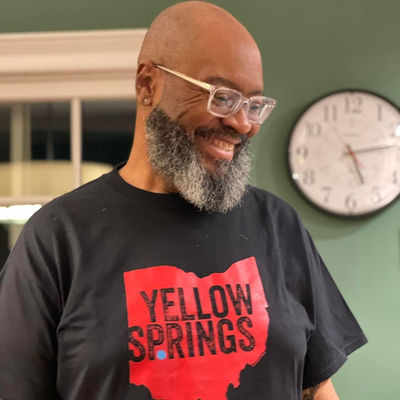Recovery, Resiliency & Empowerment Toolkit
Welcome to our Recovery and Resiliency resource page. This page provides ready access to current information and material related to Recovery, Resiliency and Empowerment for a diverse population living with and supporting individuals with substance use and behavioral health concerns. Here you will find materials and links that may be of use to you when addressing personal strengths, recovery & wellness planning, or other related topics with Individuals. Check back often as content will be updated regularly with new tools and information.


